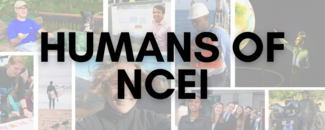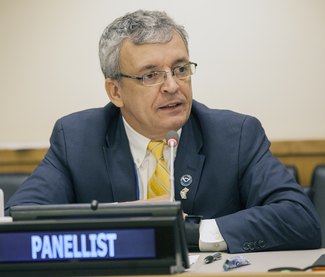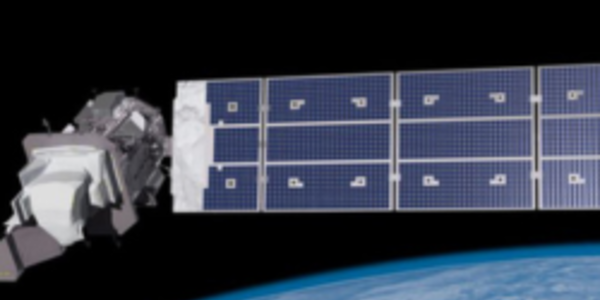Meet oceanographer Hernan Garcia in our Humans of NCEI Series

Here at NCEI, we aren’t just data—we are people. In our Humans of NCEI series, meet the awesome minds that manage one of the largest archives of atmospheric, coastal, geophysical, and oceanic research in the world. Get to know oceanographer Hernan Garcia, PhD, who works with large datasets of oceanographic data daily and helps add data to our vast World Ocean Database.
What is your specific area of expertise?
I am a research chemical oceanographer interested in large-scale ocean variability and climatologies of geochemical variables.
What was your first job? How did it prepare you for your current position?
My first real job was as a postdoc at Scripps Institution of Oceanography working on air-sea oxygen fluxes and atmospheric models. I then transferred to the U.S. National Oceanographic Data Center (NODC), now part of NCEI.
How did you end up at NCEI?
I was particularly interested in working with large datasets of modern and historical oceanographic data, which NCEI had, and being able to construct high-quality climatologies of the ocean for biochemical variables such as nutrients and dissolved oxygen and their temporal change.
What does a usual workday look like for you?
A typical day for me is working with large datasets of oceanographic data and engaging with the international and U.S. oceanographic community to get access to additional data to add to the World Ocean Database.
What question are you asked most often when someone finds out what you do? How do you respond?
The most common question is about whether climate change is real. I answer that the instrumental ocean record provides indicators of the effect of climate change such as ocean deoxygenation, ocean acidification, and ocean warming among others. The data indicate the measurable effect of climate change superimposed on natural variability.
What sort of training and education would one need for your job?
I have a Master of Science and a PhD, as well as postdoctoral experience. I think that a person with a solid oceanographic background and strong programming experience could do this job.
What inspired you to pursue a career in your field?
I have always been fascinated by the ocean and what story water masses within the ocean can tell us about their journey around each ocean basin.
What is your favorite aspect of your job?
I get to develop high-quality climatological fields for chemical variables of the world ocean to better understand the mean features of the tracer distribution and their variability on decadal-scales.
What projects are you working on now? Are there any upcoming projects that you are excited about?
I am working on the quality control of ocean dissolved oxygen data from different sensors. I am excited about helping the international oceanographic community open access to their data to others as part of the upcoming UN Decade of Ocean Science for Sustainable Development (2021-2030).




